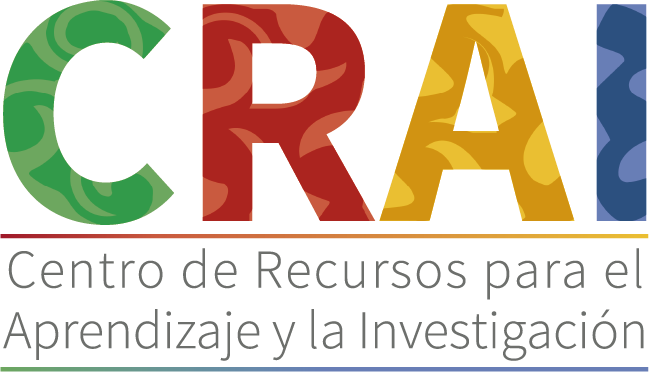Incluye referencias bibliográficas e índices
In this book Eric Hanushek and Ludger Woessmann make a simple, central claim, developed with rigorous theoretical and empirical support: knowledge is the key to a country's development. Of course, every country acknowledges the importance of developing human capital, but Hanushek and Woessmann argue that message has become distorted, with politicians and researchers concentrating not on valued skills but on proxies for them. The common focus is on school attainment, although time in school provides a very misleading picture of how skills enter into development. Hanushek and Woessmann contend that the cognitive skills of the population -- which they term the "knowledge capital" of a nation -- are essential to long-run prosperity. Hanushek and Woessmann subject their hypotheses about the relationship between cognitive skills (as consistently measured by international student assessments) and economic growth to a series of tests, including alternate specifications, different subsets of countries, and econometric analysis of causal interpretations. They find that their main results are remarkably robust, and equally applicable to developing and developed countries. They demonstrate, for example, that the "Latin American growth puzzle" and the "East Asian miracle" can be explained by these regions' knowledge capital. Turning to the policy implications of their argument, they call for an education system that develops effective accountability, promotes choice and competition, and provides direct rewards for good performance.
Texto en ingles

Escuela de administración
Facultad de Jurisprudencia
Facultad de Ciencias
Escuela de Ciencias
Escuela de Medicina
Facultad de Economía
Facultad de Estudios
Facultad de Creación
Escuela de Ingeniería,
Otras Ofertas
 Historia y símbolos
Historia y símbolos
 Enfoque estratégico
Enfoque estratégico
 Gobierno universitario
Gobierno universitario
 Playbok - Nuestros pilares de transformación
Playbok - Nuestros pilares de transformación
 Protocolo de seguridad
Protocolo de seguridad
 Archivo histórico
Archivo histórico
 Portafolio de becas, descuentos y apoyo financiero
Portafolio de becas, descuentos y apoyo financiero
 Casa UR
Casa UR






 Proyección social
Proyección social Filantropía
Filantropía Hagámoslo posible
Hagámoslo posible

 Libro
Libro







